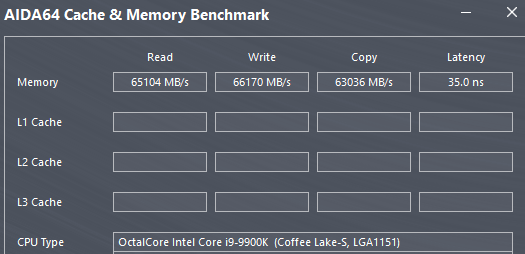erek
[H]F Junkie
- Joined
- Dec 19, 2005
- Messages
- 10,889
"AMD is preparing to launch its next-generation Ryzen 4000 series of desktop processors based on Zen 3 architecture, codenamed Vermeer. Thanks to the sources over at Igor's Lab, we have some new information about the clock speeds of a rumored Ryzen 9 4950X Vermeer model. Featuring 16 cores and 32 threads, the Ryzen 9 4950X is reportedly going to feature boost frequency of at least 4.8 GHz. Given that this is only an engineering sample, the final frequencies could be higher. In the report, the base frequency of the CPU is said to be 3.5 GHz. This is a very good frequency for a CPU that has that many cores. All of this information is coming from decoding the OPN code which states "100-000000059-52_ 48/35 _ Y". The 48 number indicates the boost, and 35 the base frequency. In the previous reports, we got OPN codes "100-000000059-14_46/37_Y" and "100-000000059-15_46/37_N" which suggested 4.6 GHz boost and base of 3.5 GHz, indicating that this is a new stepping."
https://www.techpowerup.com/270700/amd-ryzen-9-4950x-vermeer-tested-the-sample-boosts-to-4-8-ghz
https://www.techpowerup.com/270700/amd-ryzen-9-4950x-vermeer-tested-the-sample-boosts-to-4-8-ghz
![[H]ard|Forum](/styles/hardforum/xenforo/logo_dark.png)

